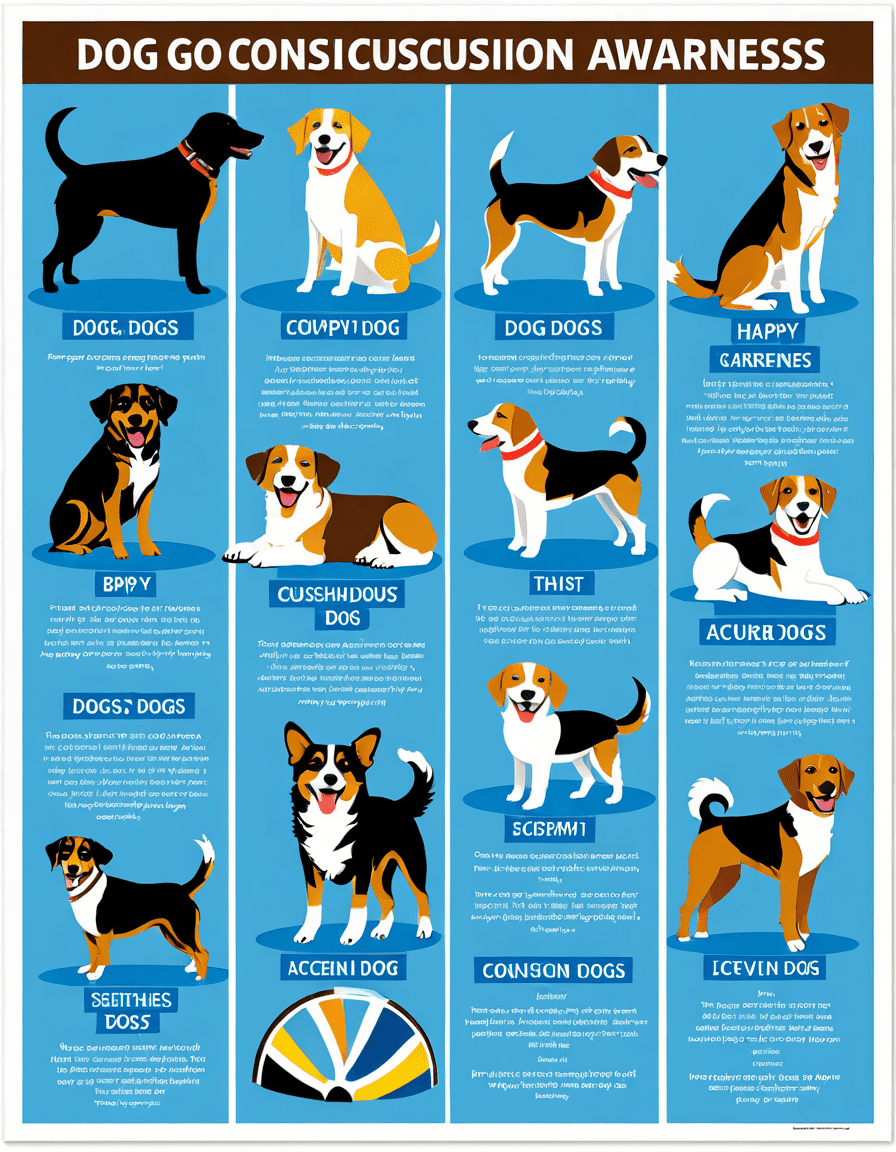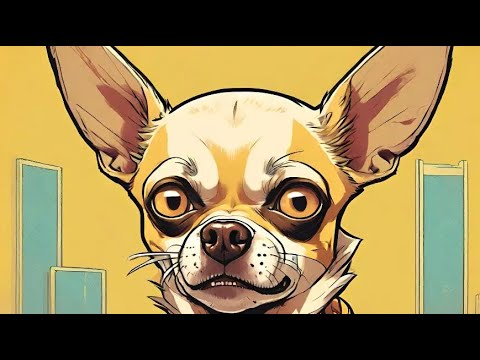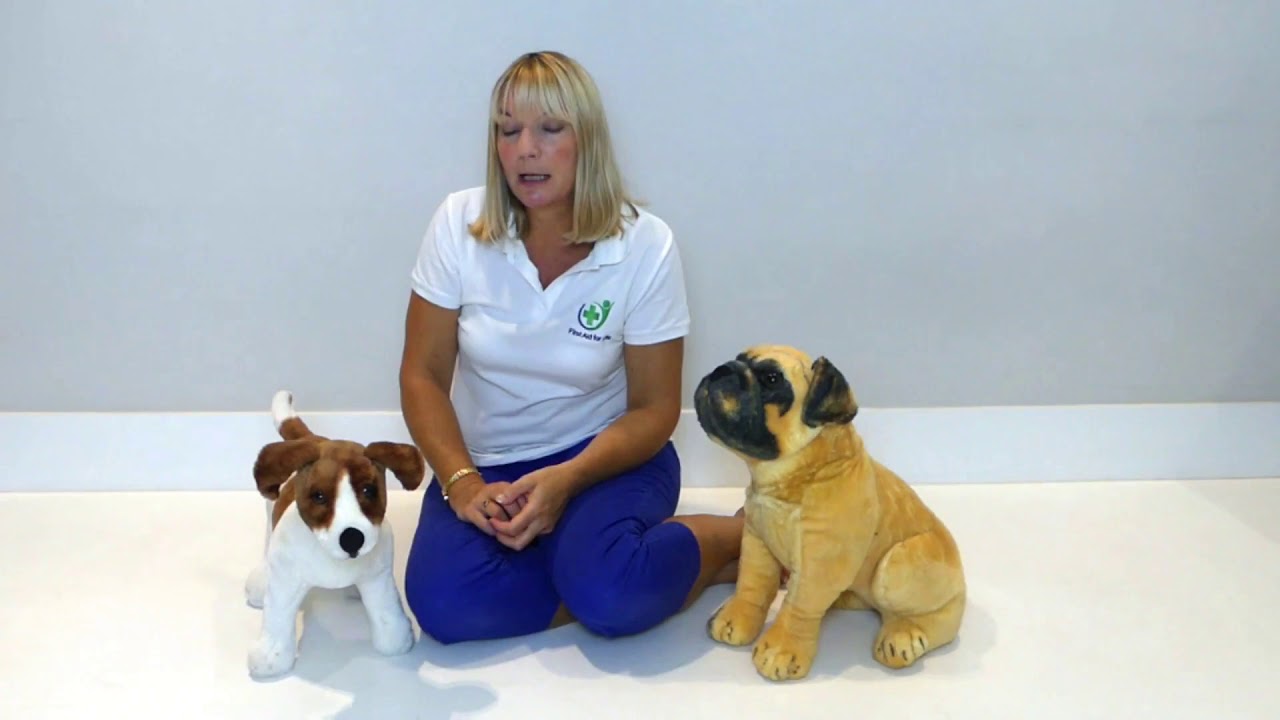As a pet parent, you want to keep your furry friends safe and sound. A dog concussion can be a serious issue, often arising from activities that might seem innocent, like your pup jumping off a sofa or bumping their snout against something hard. Just like humans, dogs can experience brain injuries that require immediate attention. Recognizing the signs and knowing what to do is critical for their recovery. So, let’s dive into everything you need to know about dog concussions, from symptoms to recovery during this journey.
7 Crucial Symptoms of Dog Concussion You Must Recognize
When your dog faces a traumatic event, such as jumping from a significant height or colliding with an object, it’s essential to be vigilant about potential dog concussion symptoms. Here are seven critical signs that indicate your dog may have suffered a concussion:
After an injury, dogs may seem dazed or confused. They might walk aimlessly or appear unresponsive to familiar sights and sounds. For instance, a typically alert German Shepherd could suddenly ignore commands, signaling a potential concussion.
Watch out for signs of imbalance. Your dog may wobble when navigating stairs or tip over when trying to sit down. If your Labrador Retriever struggles with agility after an injury, it’s definitely a cause for concern.
Dogs experiencing concussions can show sudden personality changes. They might become anxious, overly aggressive, or unusually lethargic. If your friendly Beagle starts hiding away, this could indicate a problem.
If your dog starts vomiting after a head injury, this is often alarming. Though dogs can vomit for various reasons, persistent vomiting following a head trauma can point directly to a concussion.
Just like us, dogs can develop heightened sensitivity to light and sound after a concussion. For example, if your Cavalier King Charles Spaniel begins flinching at loud noises or seeks dark corners, this is not normal behavior.
More severe indications include seizures or muscle tremors. If your pup starts shaking uncontrollably post-injury, don’t waste any time getting them to a vet. These symptoms may suggest a worsening condition.
After an impact, pay close attention to your dog’s eyes. If you notice erratic movements or uneven pupil sizes, this calls for immediate veterinary evaluation to check their neurological health.
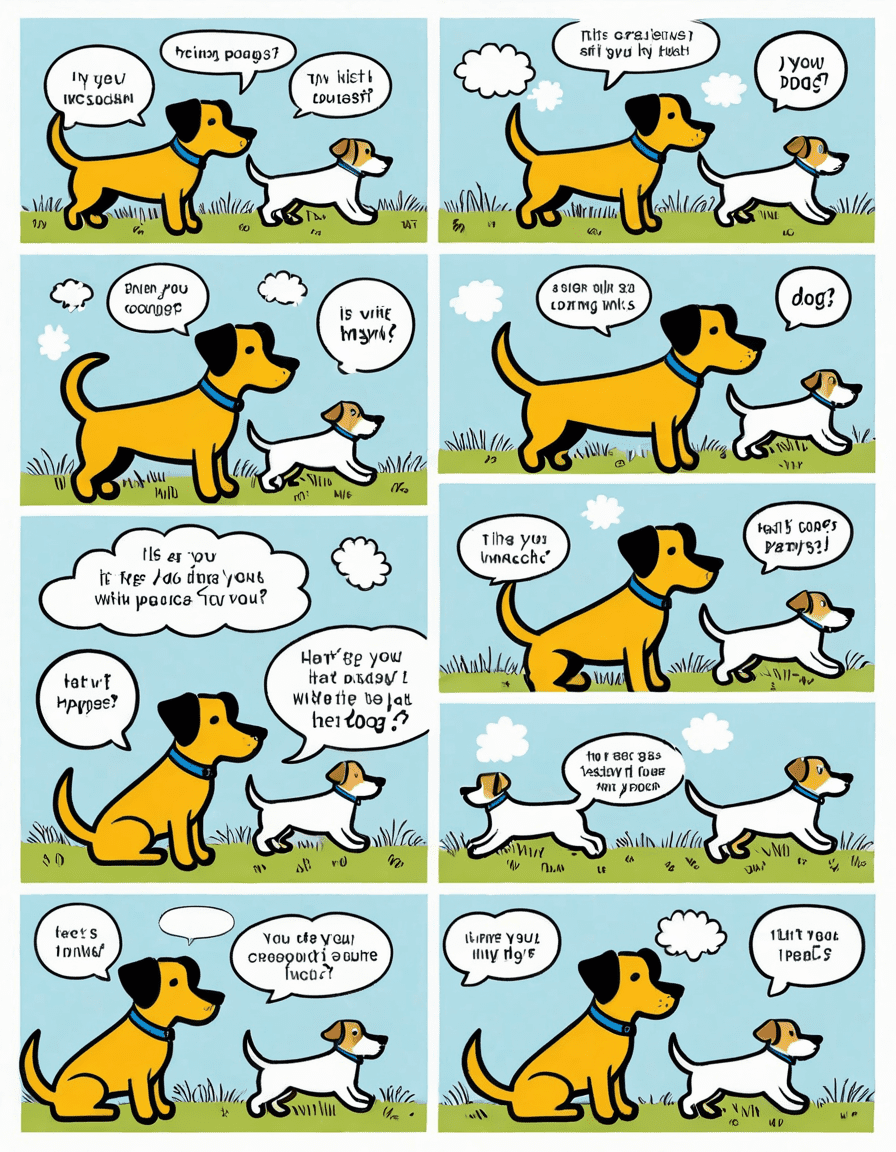
Dog Concussion Recovery: What You Need to Do
If you suspect your dog has suffered a concussion, addressing the situation promptly is key. Here’s a guide on what to expect during your dog’s recovery:
Initial Steps Following a Concussion
Dietary Considerations During Recovery
Physical Support and Rehabilitation
Preventing Dog Concussions: Smart Safety Tips
Prevention is always ideal when it comes to avoiding dog concussions. Here are some practical steps you can take to help keep your pet safe:
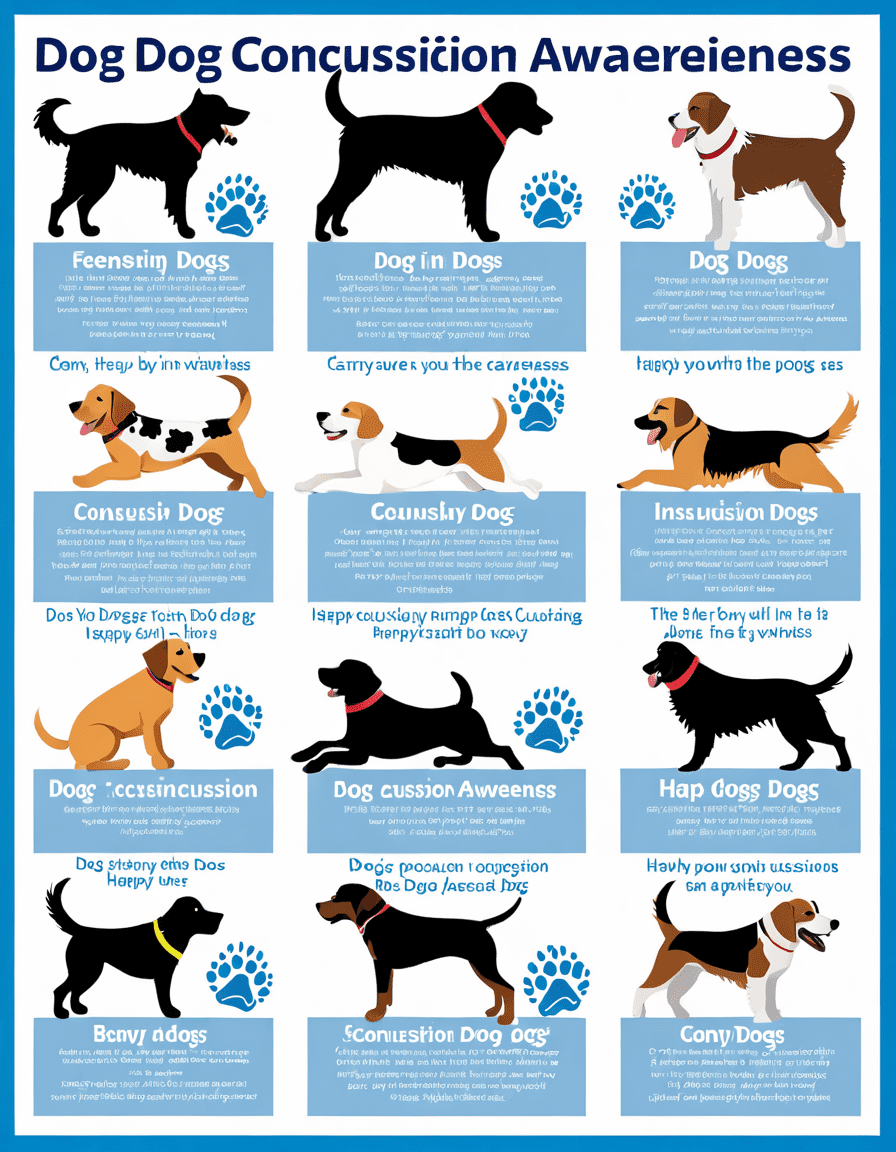
Innovative Ways to Support Optimal Health
Maintaining holistic health is crucial for your dog to minimize the risk of injuries, including concussions. Regular eye check-ups can catch vision problems, prompting timely action to prevent accidents. Using both physical and mental engagement will help your dog navigate their environment confidently.
Promoting overall well-being via preventive care and awareness significantly reduces the risk of incidents leading to concussions, ensuring your furry buddy has a safe, happy life. From understanding dog jump risks to ensuring your dog receives necessary horse vaccines, active involvement in your pet’s daily life can make all the difference.
In summary, keep a watchful eye on your furry friend, and when in doubt, consult with your veterinarian regarding any concerns, just like you would for a loved one. With the right attention and care, you’ll give your canine companion the best chance for a healthy and joyful life.
Fun Trivia and Interesting Facts About Dog Concussion
Understanding Dog Concussion
Did you know that dogs are particularly susceptible to concussions due to their natural playful behaviors? These furry pals often zoom around, chase balls, and tumble into things, leading to potential head injuries. While concussions in dogs share similarities with humans, there are some unique signs and treatment approaches. For instance, subtle indications like changes in appetite or unusual behaviors—much like dog begging for food—can signify a concussion. That’s why it’s essential to pay close attention to any oddities in your pet’s behavior, as they might not vocalize their discomfort.
Recovery Insights and Nutrition
So, how do we help our favorite companions recover? The recovery process for a dog suffering from a concussion can be as crucial as the initial treatment. Keeping them calm and limiting their activities is key, much like managing purulent drainage after surgery to prevent complications. Additionally, you might want to consider how diet can support healing. For example, a proper nutritional plan should include proteins and omega fatty acids, just as you’d look into a living trust in California for protecting your future. Proper nourishment can bolster their recovery, ensuring they bounce back to their playful selves in no time!
Fun Dog Facts to Wrap Up
Here’s an interesting fact: dogs actually have a better sense of smell than we do, which is why they can track scents while playing fetch. But did you know that certain breeds are more prone to concussions than others? Larger breeds tend to face risks during rough play, similar to how some dogs might be more vulnerable to specific parasites. It’s always good etiquette to keep an eye on how your canine interacts during play. And speaking of special occasions, ever thought about how to include your pooch in celebrations? Just as families enjoy dog thanksgiving feasts, ensuring your fur baby stays safe and alert during festivities can help prevent accidents or injuries, including the dreaded dog concussion!
